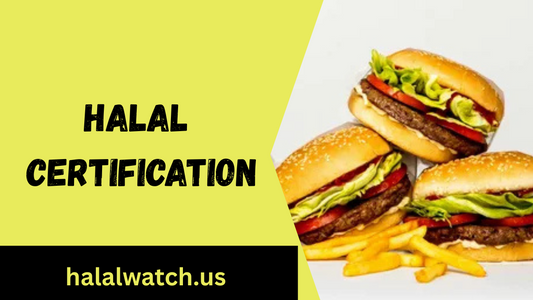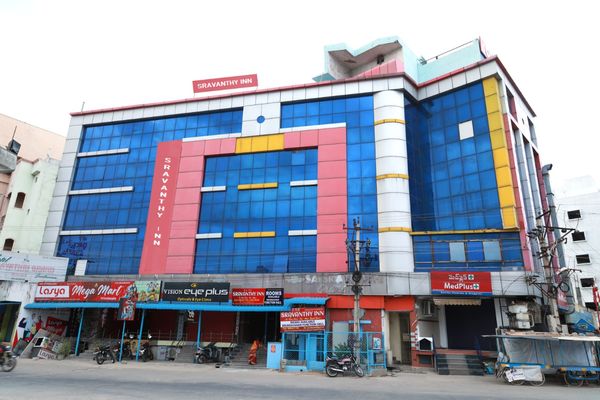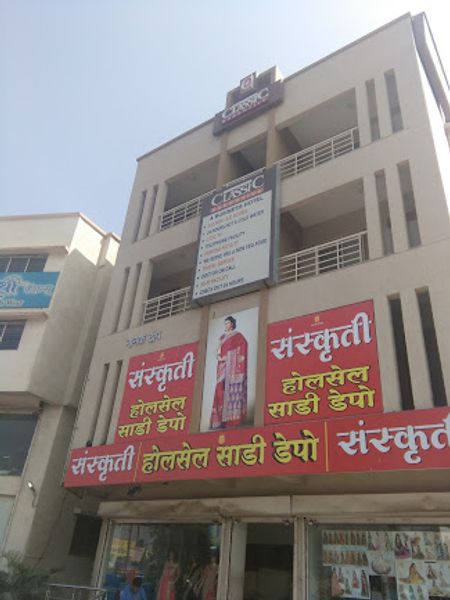Ensuring Authenticity: The Landscape of International and USA Halal Certification
 Neil Clark
08 May, 2025
8 mins read
87
Neil Clark
08 May, 2025
8 mins read
87

The demand for halal products and services is experiencing significant growth globally, making international halal certification a crucial aspect for businesses aiming to cater to the vast Muslim consumer market. This article delves into the intricacies of halal certification, particularly focusing on its relevance in the United States, the specific requirements for restaurants seeking halal status, the role of Halal Certification Agencies, and the importance of obtaining a recognized halal certificate. We will also address the specific halal certification requirements in USA and shed light on entities like Halal Watch halal certification.
The Global Significance of International Halal Certification
For businesses engaged in international trade, securing international halal certification opens doors to a substantial consumer base across various countries with significant Muslim populations. Halal, an Arabic term meaning "permissible," dictates the dietary guidelines and ethical practices adhered to by Muslims. These guidelines extend beyond just food and encompass various aspects of production, processing, and even logistics. Different countries may have their own specific halal standards and recognized certification bodies. Therefore, companies aiming for global reach must often obtain certifications from multiple internationally recognized agencies to ensure their products meet the diverse requirements of different markets. This not only builds trust with consumers but also facilitates smoother market access and avoids potential trade barriers. The presence of a credible halal certificate on a product signifies adherence to these globally accepted standards, providing assurance to Muslim consumers worldwide.
Understanding USA Halal Certification and Its Importance
The United States, with its diverse population, also witnesses a growing demand for halal products. USA halal certification plays a vital role in ensuring that products consumed by Muslim Americans meet the necessary religious criteria. Several reputable Halal Certification Agencies operate within the US, providing certification services to food manufacturers, processors, and restaurants. Obtaining USA halal certification allows businesses to tap into this significant market segment, build brand loyalty among Muslim consumers, and demonstrate their commitment to meeting their dietary needs. The requirements for halal certification requirements in USA generally align with internationally recognized halal standards, focusing on aspects like the sourcing of ingredients, slaughtering practices for meat and poultry, processing methods, and the absence of non-halal substances like pork and alcohol.
Halal Certification for Restaurants: Serving a Specific Need
The restaurant industry plays a direct role in catering to the dietary needs of Muslim consumers. Obtaining halal certification for restaurants is essential for establishments that wish to attract and serve this demographic. The process involves a thorough inspection of the restaurant's kitchen operations, sourcing of ingredients (ensuring all meat and poultry are from certified halal suppliers), food preparation methods (preventing cross-contamination with non-halal items), and storage practices. A halal certificate for restaurant not only assures Muslim diners that the food served adheres to their religious guidelines but also provides a competitive advantage in areas with a significant Muslim population. Maintaining this certification requires ongoing compliance and regular audits by the certifying agency.
The Role of Halal Certification Agencies
Halal Certification Agencies are the backbone of the halal industry. These independent organizations are responsible for verifying and certifying that products and services meet established halal standards. They conduct thorough audits of production facilities, processing plants, and restaurants to ensure compliance with the relevant halal requirements. Upon successful completion of the audit, the agency issues a halal certificate, which serves as a guarantee for consumers. Different agencies may have their own specific protocols and areas of expertise. For instance, some agencies might specialize in meat and poultry certification, while others may focus on processed foods or restaurant services. It is crucial for businesses to choose a reputable and widely recognized Halal Certification Agency to ensure the credibility and acceptance of their halal products or services in the target markets.
Key Halal Certification Requirements in USA
The halal certification requirements in USA typically encompass several critical aspects. These include:
- Ingredient Sourcing: Ensuring that all ingredients used in the production process are halal-certified. For meat and poultry, this involves verifying that the animals were slaughtered according to Islamic rites by a Muslim slaughterman.
- Processing and Handling: Implementing strict protocols to prevent cross-contamination between halal and non-halal products during processing, storage, and transportation. This may involve dedicated equipment and separate production lines.
- Hygiene and Sanitation: Maintaining high standards of hygiene and sanitation throughout the production facility.
- Traceability: Establishing a system for tracking the origin of all ingredients to ensure their halal status.
- Documentation: Maintaining detailed records of all halal-certified ingredients and processes.
- Auditing: Undergoing regular audits by the Halal Certification Agency to ensure ongoing compliance with the established standards.
Specific requirements may vary slightly depending on the certifying agency and the type of product or service being certified.
Halal Watch Halal Certification: A Specific Entity
Halal Watch halal certification refers to the certification services provided by an organization known as Halal Watch. Like other Halal Certification Agencies, Halal Watch plays a role in verifying and certifying products and services as halal compliant. Businesses seeking halal certification may choose to work with Halal Watch based on their specific needs, the agency's reputation, and its recognition in their target markets. It is advisable for businesses to conduct their own due diligence when selecting a certification agency to ensure its credibility and alignment with their market objectives. Understanding the specific standards and processes employed by entities like Halal Watch halal certification is crucial for businesses seeking their services.
Conclusion
obtaining halal certification, whether international halal certification or specifically USA halal certification, is a significant undertaking that offers numerous benefits for businesses catering to Muslim consumers. For restaurants seeking a halal certificate for restaurant, adherence to specific guidelines is paramount. The role of reputable Halal Certification Agencies, including entities like Halal Watch halal certification, is vital in ensuring the integrity and authenticity of halal products and services. By understanding and meeting the halal certification requirements in USA and globally, businesses can effectively tap into a growing and discerning market segment.
Read more exciting news on mytravaly.com
Written By:
Neil Clark



Hotels at your convenience
Now choose your stay according to your preference. From finding a place for your dream destination or a mere weekend getaway to business accommodations or brief stay, we have got you covered. Explore hotels as per your mood.





